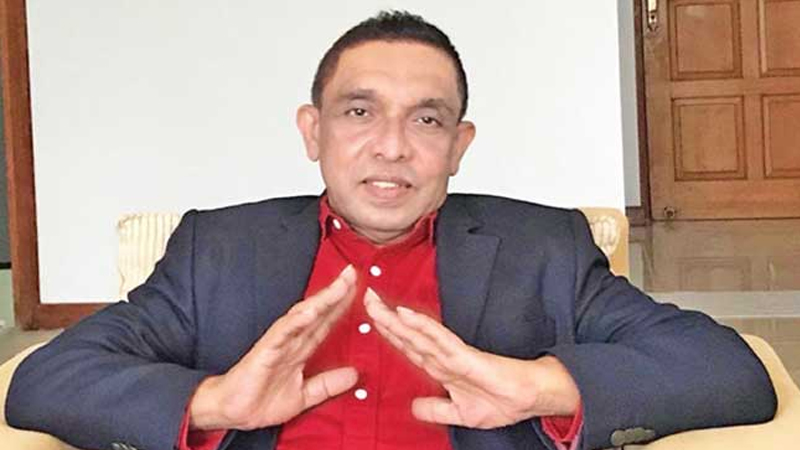While IMF’s focus with checks and balances on Sri Lanka’s debt sustainability and fiscal consolidation is a good policy direction to go beyond economic recovery to economic growth are crucial, said a senior economist.
Emeritus Professor in Economics at the University Colombo and CEPA (Centre for Poverty Analysis)
Executive Director Sirimal Abeyratne said Sri Lanka is still half way down the road in achieving fiscal consolidation and debt sustainability which it is said to reach in 2032.
“It is a good thing that the IMF is assessing Sri Lanka’s debt sustainability biannually in keeping with the framework of the agreement but it is up to the policymakers to improve or reverse it,” he said stressing the dangers of not achieving debt sustainability.
Achieving a primary account surplus which is a primary concern of fiscal consolidation was possible only a couple of times since Independence, he said.
However, Prof. Abeyratne said what is important is achieving economic growth in line with export growth which the country has not seen yet.
He said that people should not be carried away or be over-excited about the quarterly growth figures of the economy as there is nothing new in them. They are only an indication that we have returned to our normal growth level after the contraction of the economy in 2022.
Economic growth as in the past cannot be fuelled by non-tradable goods and services such as transportation services, public administration, telecommunication, roads and highways and financial services which cannot generate foreign exchange. Investments for such projects came from borrowing funds which are now reaching maturities at repayment, the Emeritus Professor said that fiscal consolidation and debt sustainability cannot be achieved without economic growth.
“We need to enlarge the denominator; the GDP to achieve debt sustainability. For this we also need to get rid of anti-export biases. Only then that foreign investors will be attracted to export sectors that will boost exports,” Prof. Abeyratne said that the country achieved some level in debt sustainability and fiscal consolidation due to the enormous sacrifices people made. Their income may have dropped by around 60 percent during the past three years due to the staggering utility prices and high taxes.
People who suffered should be compensated with good salaries and jobs which the Government cannot provide. That’s why economic growth is vital to ease the burden of masses, an aspect the IMF does not talk much about. What it says is Sri Lanka should unlock its growth potential and build foreign exchange which cannot be realised without export growth he said adding that CEPA’s role comes in handy to change the poverty landscape of the country.
He said poverty is related to economic growth, employment, income levels and export growth. The poverty level in the country increased after the global pandemic which put one fourth of the population below the poverty line.
“Our focus has changed to a reform agenda the country needs. So we look at social protection as a temporary measure while believing in sustainable reduction in poverty which should come from economic growth through reforms. In the future CEPA will focus on agriculture, industrialisation, digitalisation, governance and exports to reduce the poverty level in the country,” Abeyratne said.









